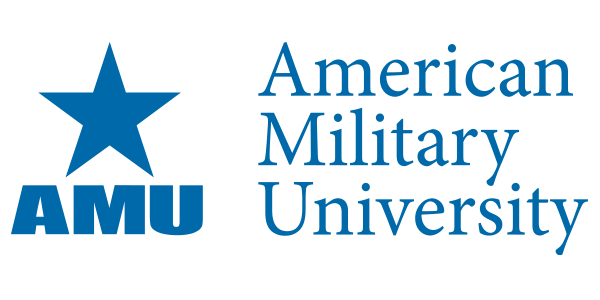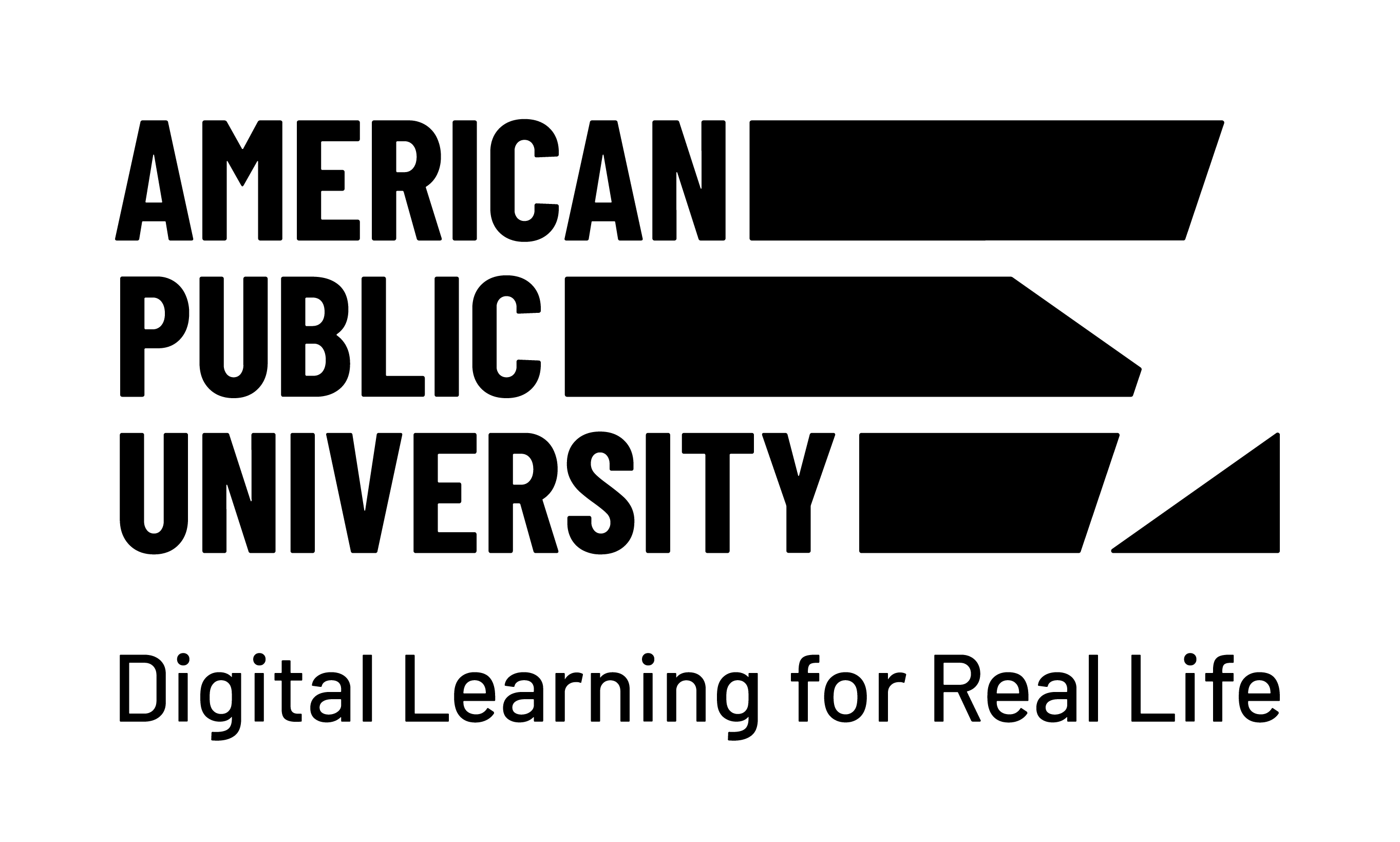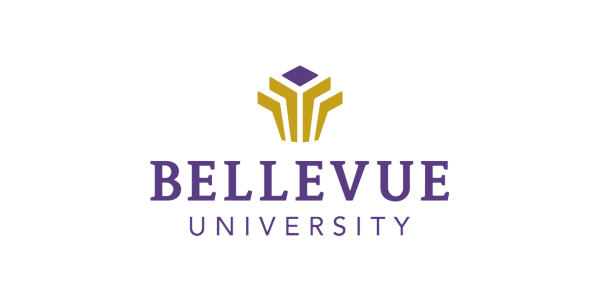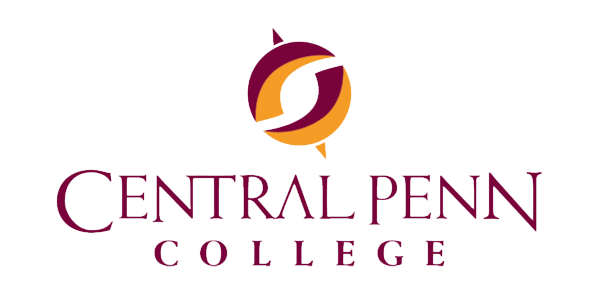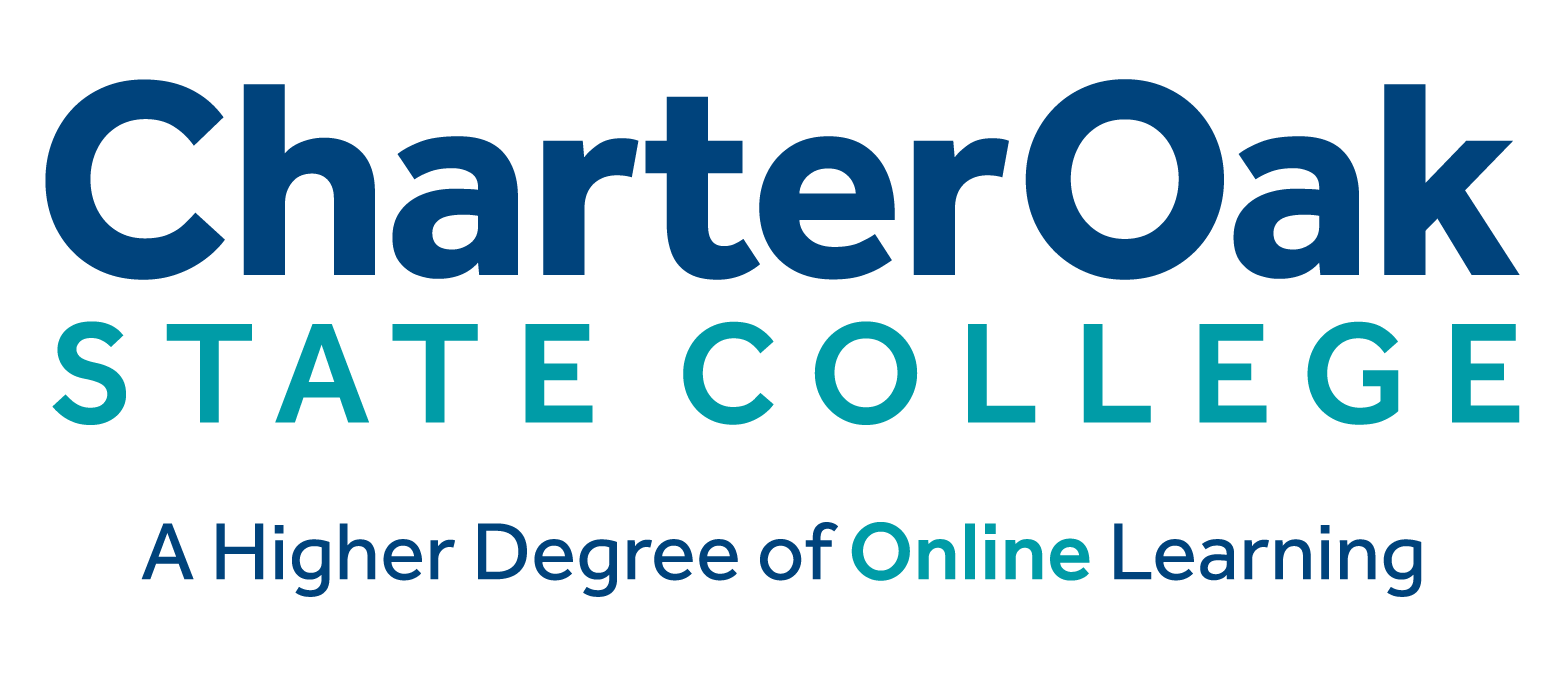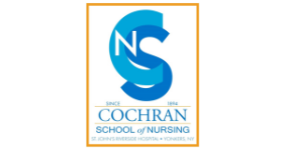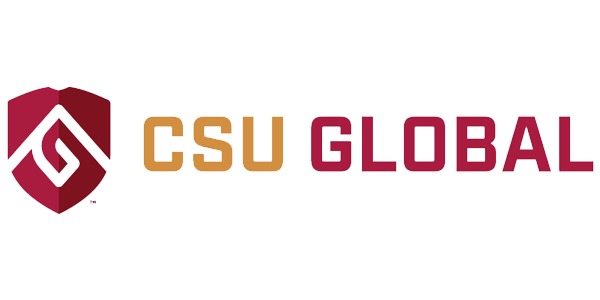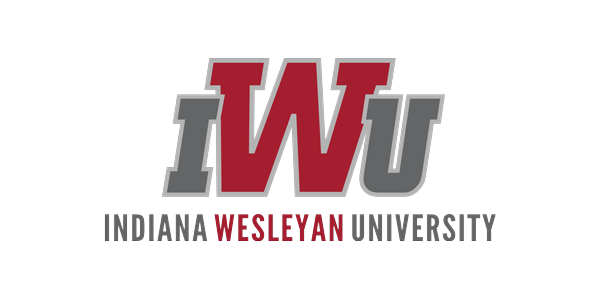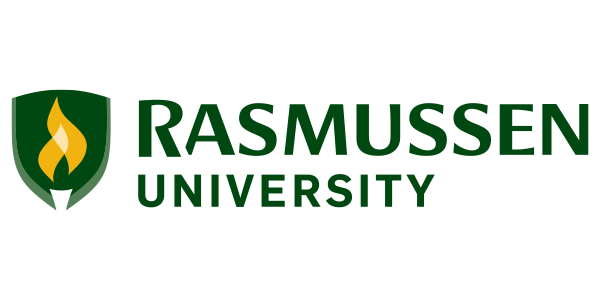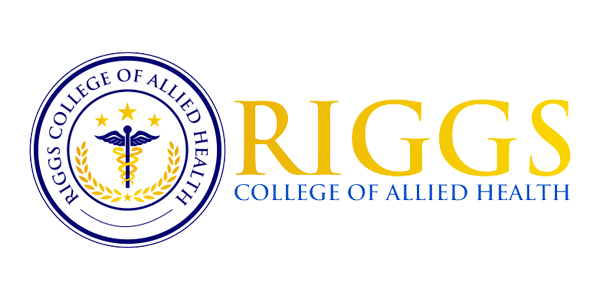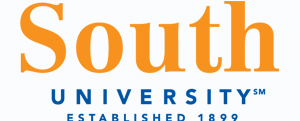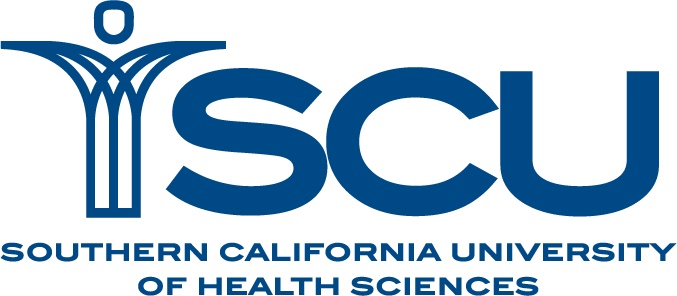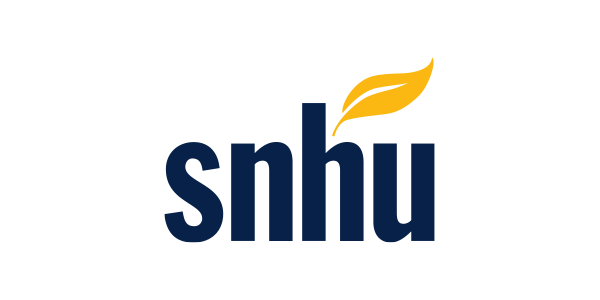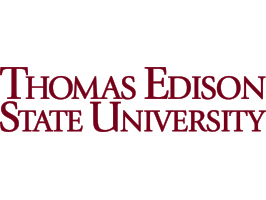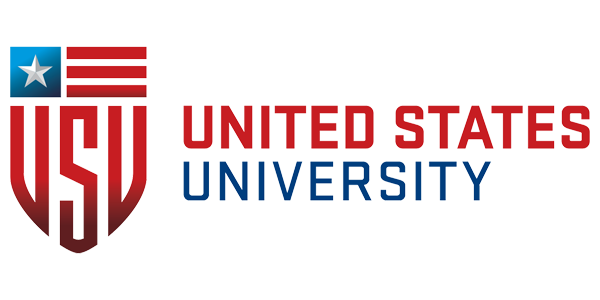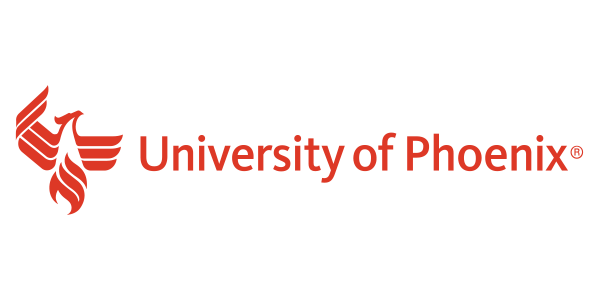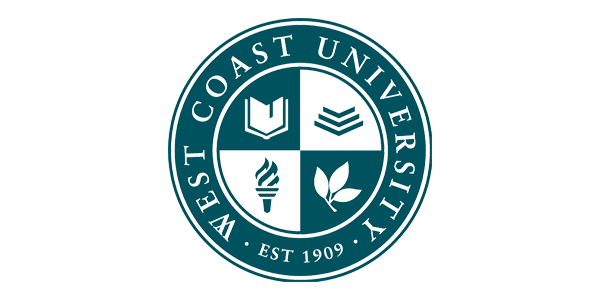
History of U.S. I
Overview
History of U.S. I is equivalent to a 1 semester, college level course that covers the period of United States history from early European colonization to the end of Reconstruction, with the majority of questions on the period of 1790 through 1877.
This course is available live and on-demand through the online Nursing , Other Degree , and Individual Course Credits programs.
-
All Other Degrees
Course Type: Credit-By-Course
Credits: 3 Semester Credits
Category: Social Sciences and History
Course Equivalence: College-Level History or General Elective
Length: 6 Lectures + 1 Final Exam
Assessments: Weekly Quizzes and Final Exam (90 mins | 120 Questions)
About This Course
The course covers the period of United States history from early European colonization to the end of Reconstruction, with the majority of questions on the period of 1790 through 1877. In the part covering the seventeenth and eighteenth centuries, emphasis is placed on British colonies. The following topics are included on this exam: political institutions, political developments, behavior and public policy, social developments, economic developments, cultural and intellectual developments, and diplomacy and international relations. This exam is not just the facts that you may recall from your high school history class; the same specifics that may have found their way into the back cobwebs of your mind. History is not the rote memorization of historical figures, dates, or events. Rather, history provides us with understanding – a comprehension of how the past affects our present and our future.
Course Objectives
After completing this course, you will be able to:
- Identify historical phenomena; such as political institutions. Developments, and public policy; social developments, economic development, culture and intellectual development; diplomacy and international relations;
- Describe historical phenomena; such as political institutions. Developments, and public policy; social developments, economic development, culture and intellectual development; diplomacy and international relations;
- Analyze historical phenomena; such as political institutions. Developments, and public policy; social developments, economic development, culture and intellectual development; diplomacy and international relations;
- Interpret historical phenomena; such as political institutions. Developments, and public policy; social developments, economic development, culture and intellectual development; diplomacy and international relations;
- Compare historical phenomena; such as political institutions. Developments, and public policy; social developments, economic development, culture and intellectual development; diplomacy and international relations;
- Contrast historical phenomena; such as political institutions. Developments, and public policy; social developments, economic development, culture and intellectual development; diplomacy and international relations.
-
Nursing
Course Type: Credit-By-Exam
Credits: 3 Semester Credits
Category: Social Sciences and History
Course Equivalence: College-Level History or General Elective
Length: 4 Lectures + 1 Final Exam
Assessments: 1 Exam at a CLEP® Testing Facility (90 mins | 115 Questions)
About This Course
The exam covers the period of United States history from early European colonization to the end of Reconstruction, with the majority of questions on the period of 1790 through 1877. In the part covering the seventeenth and eighteenth centuries, emphasis is placed on British colonies. The following topics are included on this exam: political institutions, political developments, behavior and public policy, social developments, economic developments, cultural and intellectual developments, and diplomacy and international relations. This exam is not just the facts that you may recall from your high school history class; the same specifics that may have found their way into the back cobwebs of your mind. History is not the rote memorization of historical figures, dates, or events. Rather, history provides us with understanding – a comprehension of how the past affects our present and our future.
Course Objectives
After completing this course, you will be able to:
- Identify historical phenomena; such as political institutions. Developments, and public policy; social developments, economic development, culture and intellectual development; diplomacy and international relations;
- Describe historical phenomena; such as political institutions. Developments, and public policy; social developments, economic development, culture and intellectual development; diplomacy and international relations;
- Analyze historical phenomena; such as political institutions. Developments, and public policy; social developments, economic development, culture and intellectual development; diplomacy and international relations;
- Interpret historical phenomena; such as political institutions. Developments, and public policy; social developments, economic development, culture and intellectual development; diplomacy and international relations;
- Compare historical phenomena; such as political institutions. Developments, and public policy; social developments, economic development, culture and intellectual development; diplomacy and international relations;
- Contrast historical phenomena; such as political institutions. Developments, and public policy; social developments, economic development, culture and intellectual development; diplomacy and international relations.
-
About InstructorAmy Layman has nearly two decades of experience working in many facets of education, including instruction for elementary through college-level students, and an administrative career as well. Amy attended a Big Ten University and Pac Twelve University, earning her Bachelor & Master Degrees in History. She also attained minors in Mathematics & Science, as she studied Mechanical Engineering for three years before changing her major. Amy has taught the Social Sciences at the university level as a professor, as well as the high school level as a home school teacher. Amy has developed curriculum for the Social Sciences utilized by Distance Learning Systems™. Additionally, Amy brings an extensive knowledge of test preparation experience with her; she has instructed & tutored courses for the PSAT, GED, SSAT, SAT, ACT, GRE, & LSAT exams. Adding to her expertise is over a decade of in-depth experience as an administrator in admissions departments at both brick & mortar/traditional & online universities, having worked as a Director of Admissions, Transfer Coordinator, & Graduate Admissions Coordinator. Presently, in addition to instructing Introduction to Sociology, Social Sciences & History, & History of the United States I, Amy also serves as the Director of Operations at our Fort Lauderdale, Florida affiliate.




